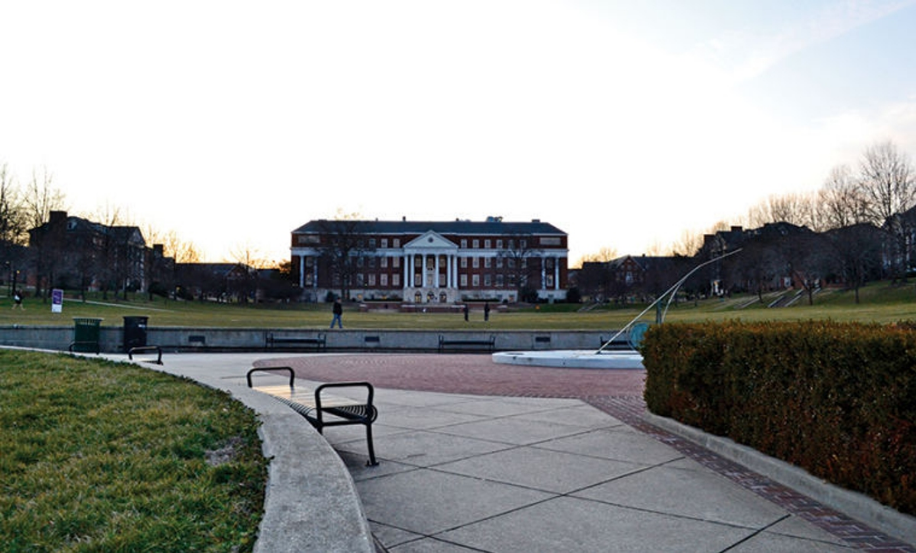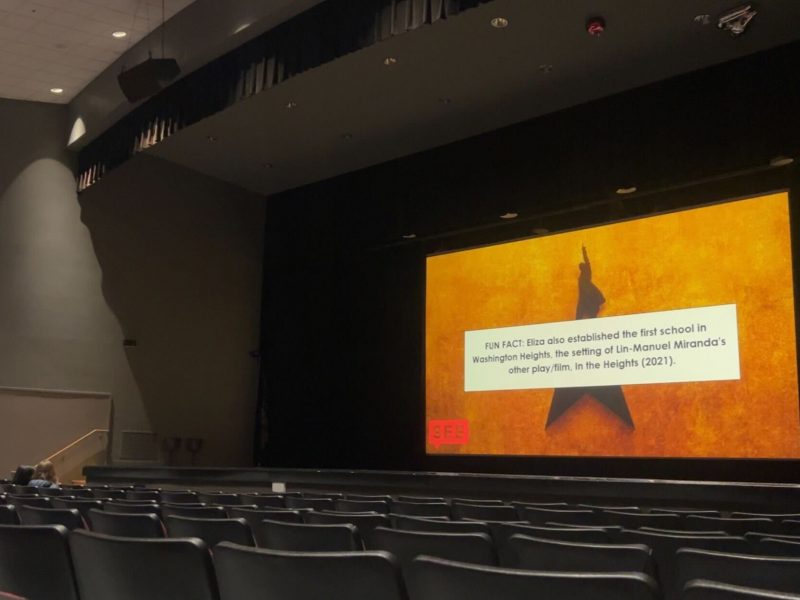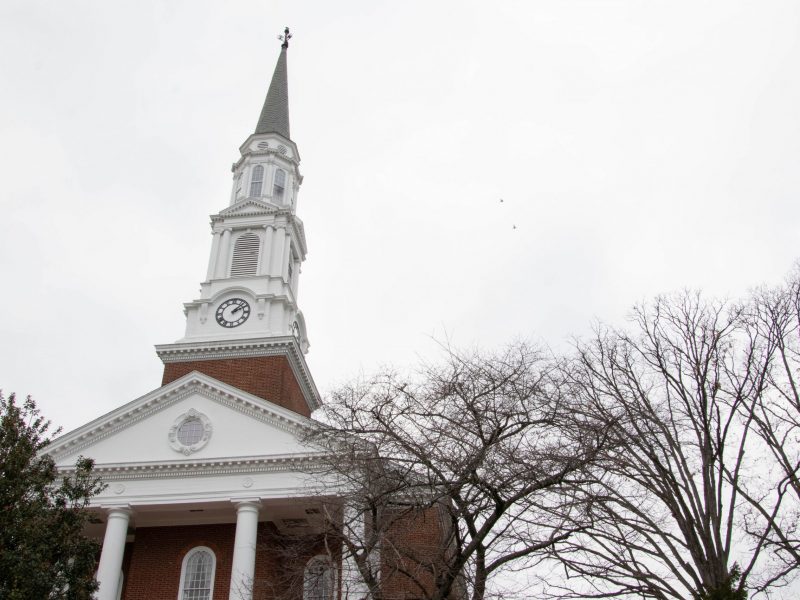Like many college students across the country, choosing a major early and entering the job market is seen as a certain pathway to success. We all desire a high-paying job that is not only meaningful, but stimulating. We all crave a career that will easily get us out of bed in the morning, but also pay the bills. We want to feel that when we put work into our jobs, we will get it out in our everyday lives. And in an ideal world, we are all able to blend our professional and personal lives and live happily.
But unfortunately, life isn’t that fair.
Happiness at work and school may be the result of a work environment conducive to flow, meaning total immersion in an activity where consciousness changes. With the exception of Montessori education, the current school structure provides limited opportunity to help students identify their flow.
Dylan Selterman is a lecturer in the psychology department and teaches the course titled, “The Psychology of Happiness.” He believes that the key to giving America educational high-standing may be creating school structures that do not try to foster flow directly, but encourage students to explore their own skills.
“Research has consistently shown that when people are in a flow state, this is a strong predictor of happiness in life,” Selterman said. “The more you experience flow, the happier you are. It can happen in a variety of activities. It’s especially common in people who do creative work, sports, but you can get it from any activity that is intrinsically pleasurable.”
Like many other nervous college students, freshman theatre major Jasmine Mitchell entered college undeclared, but leaned toward engineering because it seemed like a lucrative field. “I went to a Science and Tech magnet high school and my brother-in-law is an engineer,” Mitchell said. “So I figured I’d give it a try and I realized, I hated it. I think I was denying the fact that I am artistic.”
Today, Mitchell says she feels happier, perhaps a result of finding her flow. Happier people, on average, live longer, have better coping skills and are more productive workers. However, society doesn’t encourage young people to pursue their passions if they involve the arts, but instead encourages them to seek high-paying careers — despite a job market that is unpredictable.
Many colleges have reported a drop in undecided college students. In fall 2016, 25.7 percent of incoming students entered this university as letters and sciences or undecided, even though 50-70 percent of students are expected to change their majors at least once, and, on average, students change their majors three or more times before graduation, according to George Mason University.
College is not centered on a four-year experience to better an individual holistically, rather it is a way to gain a standard degree and enter the workforce, even if your desired career doesn’t require four years of coursework. But is it really better to automatically pressure students into making such a big decision, since their future is so uncertain?
John Fitzell is a freshman bioengineering major. While he became interested in STEM subjects at a young age and decided to pursue it as a career, he believes the standard curriculum promotes limited course options that lessens students’ motivation to learn.
“Forcing people to take a certain number of credits in subject instead of allowing them to choose which ones forces them to take certain classes,” Fitzell said. “You get to this point where you don’t know when it’s time to stop following the curriculum that’s already been laid out.”
Indeed, a student’s academic interest declines with age, and changing this fact requires a lot more than a thinkpiece article for a campus newspaper — it requires changing the fundamental way we view higher education.
The pressure to get out of college in four years is what gives many students anxiety and insecurities about their major. How are we, at 18-, 19-, 20-year-olds expected to have the maturity and life experience to decide on a career? We are left with either finding a job for the sake of making a living, or going back to school and starting over. And with rising tuition costs and an unpredictable job market, it feels better to pick a career and stick with it than spend years bouncing around entry-level positions.
Perhaps the best solution is to accept that no career is a lifetime and attempting to avoid a midlife crisis is hopeless. College shouldn’t be a way to catch up with the competition but instead a place to figure out ways to surpass it. Panicking over the dark unknown cloud that is the future may lead to self-sabotaging behaviors linked to anxiety like procrastination, substance abuse and poor interpersonal relationships.



